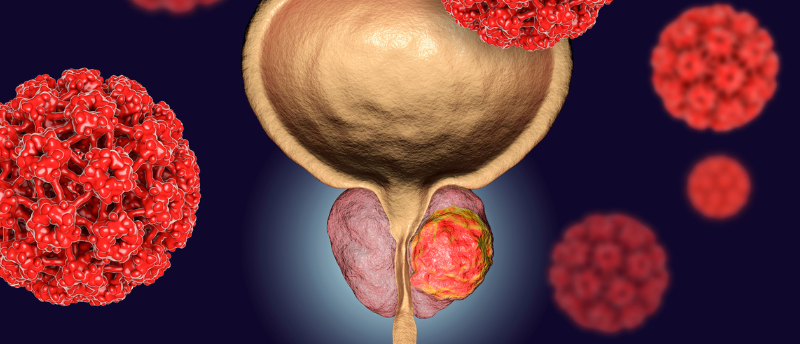A qualitative research study in Japan investigating patients’ experience with metastatic castration-resistant prostate cancer: from diagnosis to decision for Ra-223 treatment

The latest research article published in Future Oncology investigates the considerations for Radium-223 (Ra-223) treatment for patients with metastatic castration-resistant prostate cancer (mCRPC). The study demonstrated that the symptoms and impacts of living with mCRPC and the associated burden of bone metastasis and skeletal-related symptoms are considerable and varied, and that they should be considered greatly when choosing the patients’ next treatment. In addition, the authors concluded that information sharing between physicians and patients regarding treatments should be given importance to ultimately better patient-centered care.
Abstract
Aim: This qualitative study aimed to reveal symptoms and impacts among bone mCRPC Japanese patients, prior to Ra-223 treatment. Materials & Methods: Twenty-three mCRPC patients designated to receive Ra-223 and three treating physicians (Ra-223 prescribers) in Japan, were interviewed. All interview data were assessed for concept frequency, themes and saturation. Results: Forty-five percent of the patients (mean age: 75.8 years) were symptomatic at the time of enrollment. Interviews with all patients revealed 47 mCRPC symptoms, including back pain and bone-specific pain, and 45 life impacts, including worry about disease progression and the impact on daily, physical activities. Conclusion: The symptoms and impacts of living with mCRPC and the associated burden of bone metastasis and skeletal-related symptoms are varied and are important considerations for treatment.
Lay abstract
Aim: This study looked at symptoms and impacts among patients with a type of prostate cancer called metastatic castration-resistant prostate cancer. This cancer has spread to other parts of the body including patients’ bones. Patients’ prostate-specific antigen levels continue to rise despite surgical or medical treatment and their doctors decided the next best treatment is Radium-223 (Ra-223), a radiopharmaceutical therapy. Materials & methods: Twenty-three metastatic castration-resistant prostate cancer patients designated to receive Ra-223 and three treating physicians (Ra-223 prescribers) in Japan, were interviewed. All interview data were assessed for the number of times some words or themes are mentioned by the patients. Results: Ten of the 23 patients (average age of 76 years) had symptoms when the study started. Interviewed patients talked about symptoms including back pain and pain in their bones, and how their cancer caused them to worry about their physical activities and disease progression. Conclusion: The symptoms impact on patients’ daily living and the burden of bone metastasis and bone-related symptoms are varied and are important considerations for treatment.
View the infographic:
